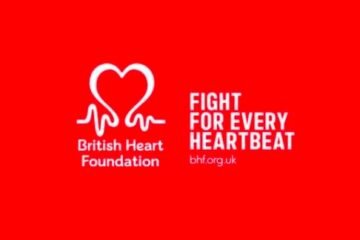Operation Venetic targets serious organised crime groups
Police Scotland has seized drugs worth millions of pounds as part of a UK-wide operation to disrupt serious organised crime groups. The operation, codenamed Venetic, involved the interception of encrypted messages sent by criminals using a platform called EncroChat.
According to Police Scotland, more than 100 people have been arrested and charged in connection with the operation, which began in June 2020 and is still ongoing. The police have also recovered drugs such as heroin, cocaine, cannabis, MDMA and ketamine, as well as firearms, ammunition, cash and other assets.
The operation is a joint effort between the National Crime Agency (NCA), Police Scotland, the Metropolitan Police Service, regional organised crime units and other law enforcement agencies across the UK and Europe.
EncroChat was a secret communication network for criminals
EncroChat was a bespoke encrypted communication platform that was used by thousands of criminals across Europe to coordinate their illegal activities. The platform offered features such as self-destructing messages, panic wipes and duress passwords to evade detection by the authorities.
However, in 2020, the NCA and its international partners managed to infiltrate the network and access the messages sent by the users. This allowed them to identify and target the individuals and groups involved in drug trafficking, money laundering, firearms supply, violent crime and corruption.
The NCA estimates that there were about 10,000 EncroChat users in the UK, of which 60% were involved in importing, supplying or distributing Class A drugs.
Scotland’s drug problem is a public health emergency
The seizure of drugs worth millions of pounds in Scotland is a significant blow to the organised crime groups that profit from the misery and harm caused by drug addiction. Scotland has the highest drug-related death rate in Europe, with 1,339 people dying from drug misuse in 2020.

The Scottish Government has declared drug deaths a public health emergency and has committed to invest £250 million over the next five years to improve treatment and recovery services, reduce stigma and support harm reduction initiatives.
However, some campaigners and experts have argued that more radical measures are needed to address the root causes of drug addiction, such as poverty, trauma and mental health issues. They have called for the decriminalisation of drug possession, the establishment of safe consumption rooms and the expansion of drug testing and heroin-assisted treatment programmes.


















